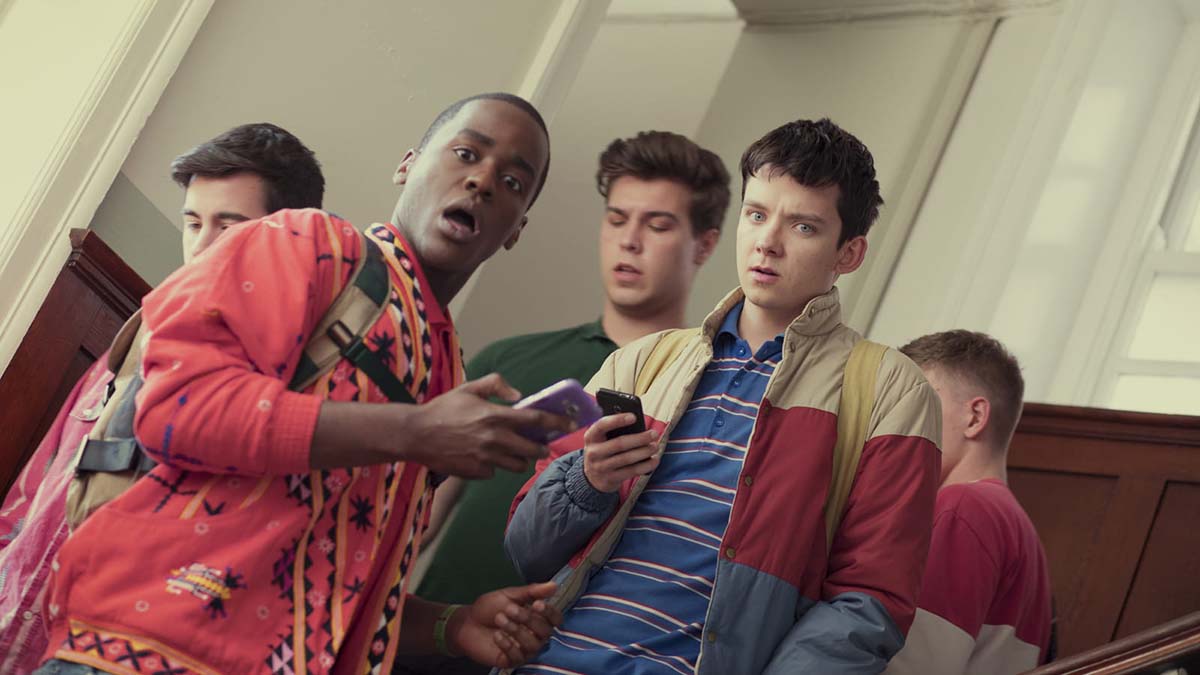Our whole existence depends on it, but we teach each other little to nothing about it.
I’m talking about sex, of course.
Sure, you can’t escape sex in popular culture – although very little of it goes beyond the boy-meets-girl archetype*. And enough of it can be found online too**.
(*Sex between heterosexual couples is much less of a taboo than gay sex, or sex between older or disabled people, for example.
This piece in The Guardian looks at the taboo of sex between older people.)
(**Pornography has been shown to teach sexist attitudes, lower men’s sexual satisfaction and women’s body image, among other things.
This article by Michael Flood, associate professor at Queensland University of Technology, Australia, gives a great overview of the research on the negative effects of pornography among adolescents and argues in favour of more ethical porn.)
But what we definitely have too little of is some decent explanation of how sex works.
Sex is such a personal act that it’s hard to talk about it without feeling vulnerable, guilty or ashamed. Let alone ask questions about it. No wonder there is such a huge discrepancy between how important sex is and how much we know about it.
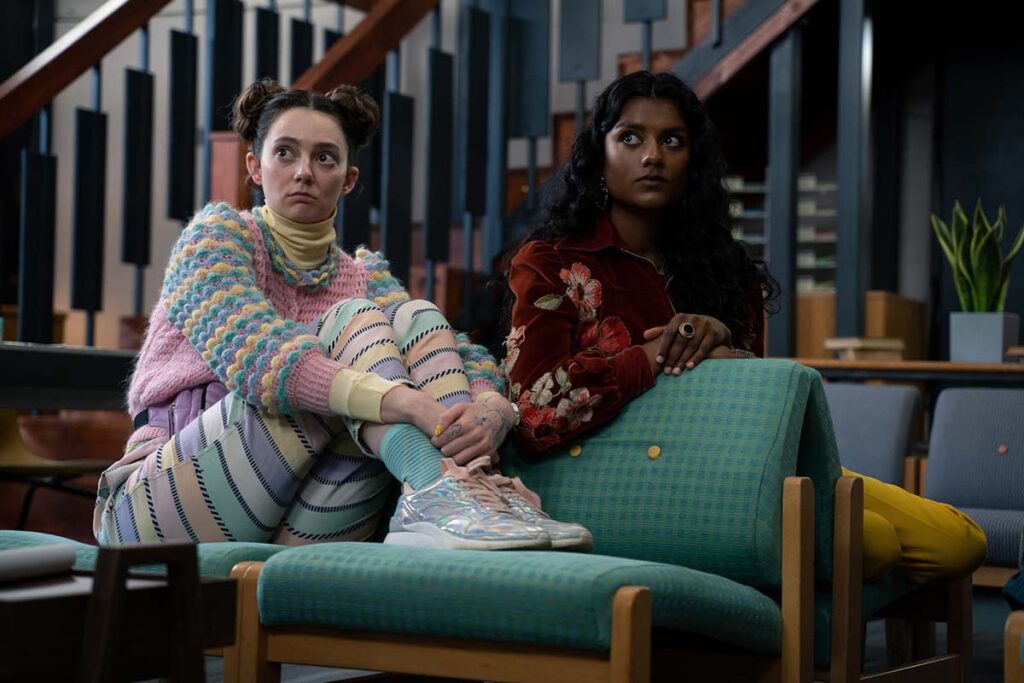
Questions about sex
I for one would certainly have benefited from the right type of sex ed when I was young. It would definitely have made me feel much more “normal” and less isolated.
When I got my period for the first time at the age of 10, I had no idea what it was.
Menstruation comes from the Latin word for month, mensis. Because I speak Italian, which derives from Latin, I thought my period would last an entire month. Imagine: I calculated whether I would still have it during my birthday – and I was devastated to think that I would.
When I was 11, I found a copy of the Kamasutra and read about penetration for the first time. My curiosity led me to interrogate my 18-year-old neighbour’s girlfriend: “Does it hurt when he puts it inside you?” I asked with genuine interest. She shouted at me that I was disgusting and that she would tell my parents.
And later on, when I was ready to become sexually active with my older boyfriend, I was terrified of getting pregnant. I found the address of a family planning clinic and went to ask for birth control. When they found out I was 15, they also warned me they would tell my parents.
We had no sex lessons at school. I had no older friends or cousins to talk to. My parents were off limits. The internet existed, but I didn’t know anyone with a computer. So you can imagine how great it would have been to have some form of sex education.
When I came across Sex Education, the immensely popular Netflix series now in its second season, I marvelled at the idea of being able to reach out to someone with my questions around sex. In the show, Otis, an awkward teenager and the son of a sex therapist, starts giving his peers sex advice for money. I thought to myself: imagine just how different my life could have been if Otis had been around – or if this show had been on TV then.
Watching this amazing series inspired me to share the 12 most important lessons that I wish I had learnt about sex before I started having it. And I hope this piece might inspire you to do the same in the contributions section below.
So, here goes.
Spoiler alert: this article contains some details about the series.
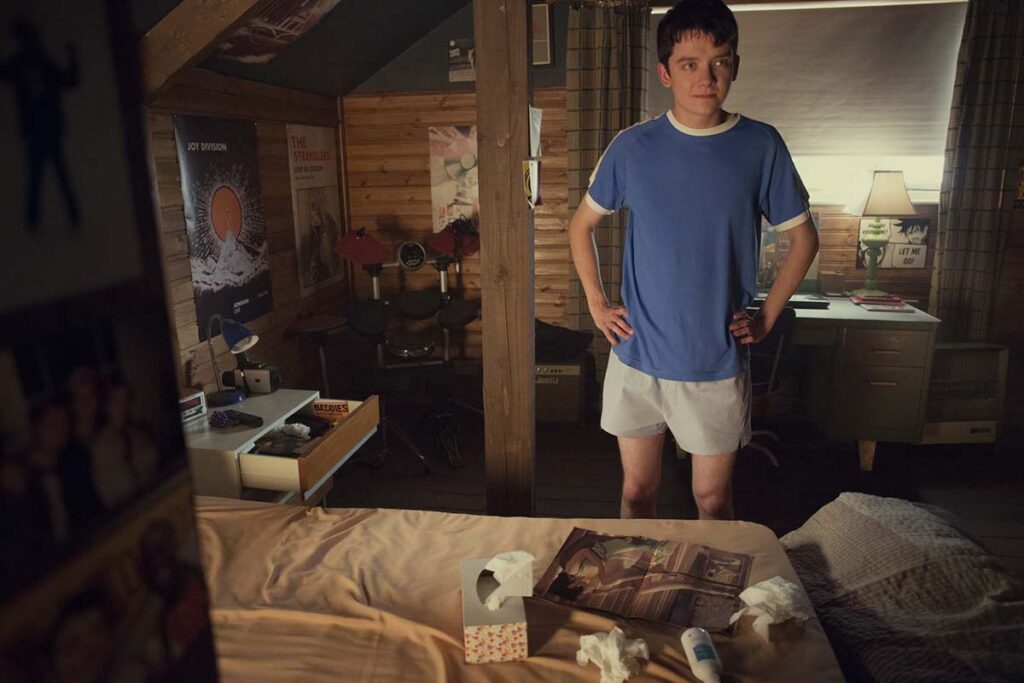
1. It is OK to ask for sex advice
Not only does Otis give sex advice for money, his mother also steps in when there is a chlamydia outbreak, and several other characters take active roles in counselling their peers, making them feel accepted and in the know. This very premise of the series already conveys the first important lesson I took from it: it is perfectly OK to ask for sex advice. We ask each other for advice on almost everything else in life – so why not about sex too?
2. Universal rules or techniques may not take you very far
In one episode, Otis studies fingering techniques to experiment with his partner. He becomes so obsessed with the technique that he starts to do it almost robotically – much to the dissatisfaction of his partner. When he seeks advice from a peer, Otis learns that the key to satisfying your partner is asking and figuring out what works for them. Lesson two: there’s no one way to “do it”. It depends on the person we do it with, and not all of us like the same thing. So while doing your research may be quite useful, don’t take your findings as definitive answers.
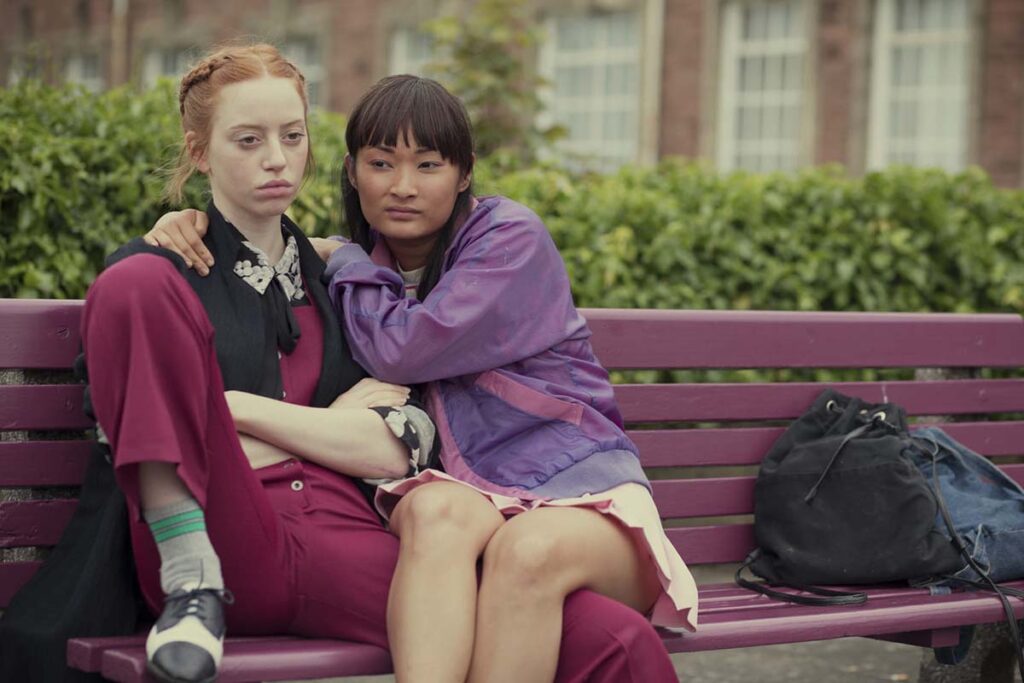
3. Memorise the three Ts: trust, talking and truth
Otis’s mother is sex and relationship therapist Jean Milburn, who gives some great sex advice in the first episode of the second season when there’s an alleged outbreak of chlamydia. She calls them the three Ts: trust, talking and truth. Trust, talking and truth, she says, are essential for teenagers to “free themselves of the unwarranted stigma” attached to sexuality and contracting a sexually transmitted disease. What she means is that it is necessary to create an environment where adolescents can get access to real information (truth), while being able to discuss that information (talk) in a place they feel safe in (trust).
4. Masturbating is normal and healthy
When Otis becomes obsessed with masturbating in the second season and gets caught by his mum in the act, his friend Eric comes to the rescue: masturbating is good and healthy, he says, and there is nothing to be ashamed of. Of course, Eric is right: a global survey shows that up to 93% of people masturbate*. Orgasming as a result of masturbation has been shown to lead to the release of several hormones, such as oxytocin and prolactin, which help us to relax and feel good. It has also shown to increase women’s sexual satisfaction and to reduce the risk of prostate cancer among men.
(*The TENGA study shows that numbers are higher on average among men and LGBTQ people than women, and Spain has the highest average among countries surveyed with 93%.)
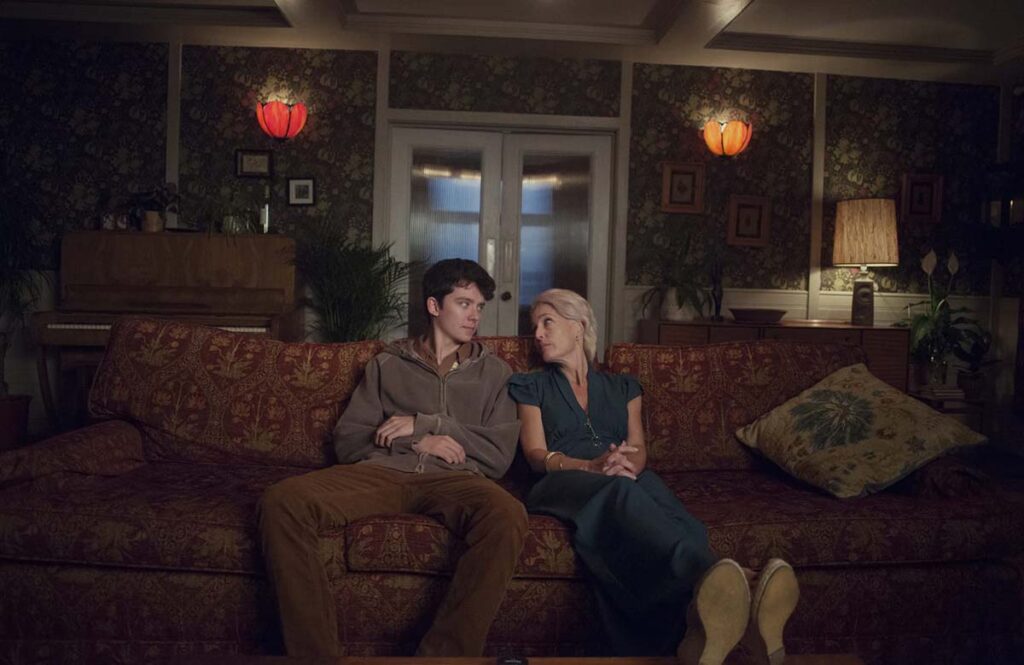
5. Humour is great in bed
Otis’s best friend Eric is incredibly irreverent. When Otis is horrified because he had a wet dream, Eric laughs if off and helps him feel OK again. His positive and open attitude is a great reminder that humour is a great element to add to sex, and that having a laugh can take away from some of the worries in bed. Think of the awkward moment when you queef*: a quick joke about it, or a reference to this woman who wouldn’t stop laughing when she heard the word queef, may be a great way to move on and keep having fun.
(*Queefs are also known as vaginal farts. It has nothing to do with passing gas though and is odourless. It is a fart-like sound that may come from the vagina during intercourse if air got trapped in the vaginal canal.
This article explains issue in more depth.)
6. There’s nothing about sex you can’t discuss
You should be able to discuss anything with your partner if you want to be intimate with them. Sex Education dedicates a whole episode to anal douches, and this is the main takeaway: “If you’re not ready to talk about douching with your boyfriend, you’re not ready to have his cock in your ass.”
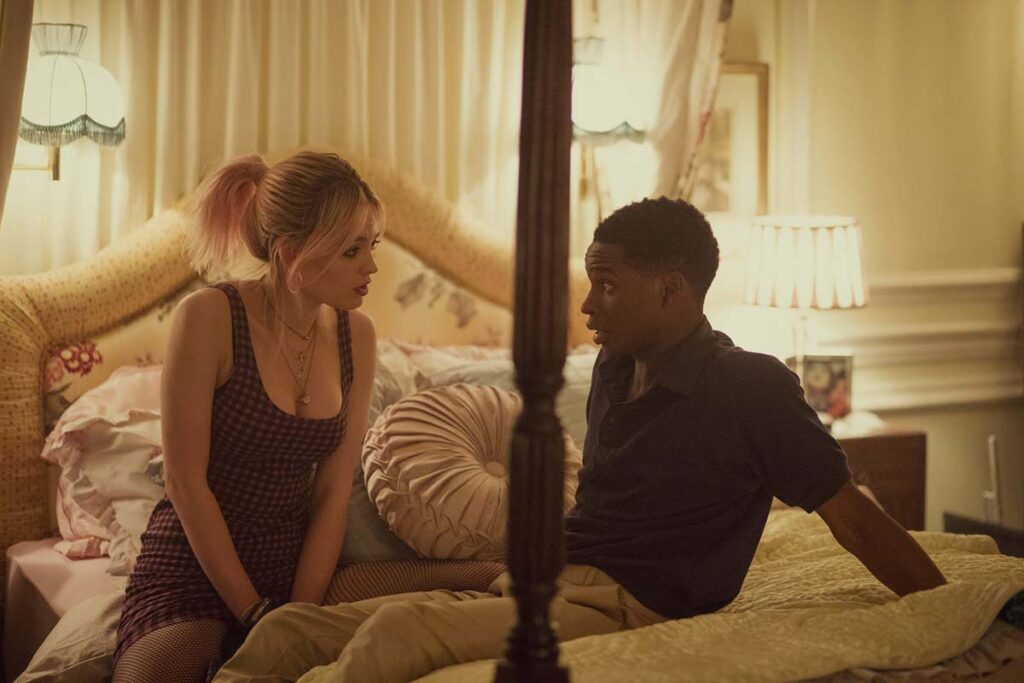
7. Report sexual harassment, always
In one of my favourite moments in the show, six female characters who have nothing in common are stuck in the same room and given an assignment: they need to figure out what they have in common as women. The only thing that eventually makes them bond is the realisation that they have all been sexually harassed at some point in their lives. In another episode, Maeve convinces her friend Aimee to go to the police after a guy ejaculates on her on a bus ride. It’s a good reminder that even if it’s common, sexual harassment has to be reported.
8. There are many, many, many forms of sexuality
We all have all kinds of conscious and unconscious norms and ideas ingrained in our head about what sex should be like. But, as you progress into the series, you realise just how many forms of sexuality there really are*. There is the teacher who likes dirty talk, the girl who covers her boyfriend’s face when she has an orgasm, the boy who thinks about the Queen when he comes … and there are also people who are not interested in having sex at all (actually, 1% of people on average are asexual**) – and that is normal too.
(*Of course the show misses out on several other perspectives too.
This list is a good one to get a sense of how many different forms of sexuality there are.)
(**It is unclear how many people really identify as asexual. The 1% figure comes from a 2004 paper in which Canadian psychologist Anthony Bogaert drew an estimate based on the people who said they were not sexually attracted to anyone.
See Bogaert’s study here.)

9. Abortion should be an option for everyone
When Maeve finds out she is pregnant, there’s no doubt in her mind: she goes to a clinic to get an abortion. At the clinic, she’s asked routine questions and her decision is supported. Of course, the series is set in the UK, where abortion is allowed until 24 weeks of pregnancy. Unfortunately, abortion is not an option for most women around the world – either because it’s legally restricted or hugely stigmatised or both. We have to keep fighting for this right and normalise it.
10. You are not – I repeat, not – a slut if you enjoy sex
For Jean Milburn, sex education is not just about teaching how to avoid a pregnancy or how reproductive organs work. More than anything, sex is about pleasure. After all, the clitoris is the only organ in the human body that exists solely for pleasure. But women especially are stigmatised and shamed for putting pleasure before reproduction*. Unsurprisingly, there are few studies on women’s pleasure versus men’s pleasure. And there are even fewer studies about the health conditions that lead women to feel a sense of discomfort or outright pain during penetrative sex**. If we educated each other about how pleasure is an integral part of sex, then we could take away some stigma and pain too.
(*Sara McClelland at the University of Michigan carries out research on how young men and women rate sexual satisfaction. She discovered that men and women had very different scales when it came to sexual satisfaction.
You can find the study here.)
(**Research shows that 30% of women report pain during vaginal sex, 72% report pain during anal sex, and “large proportions” don’t tell their partners when sex hurts.
See the study.)
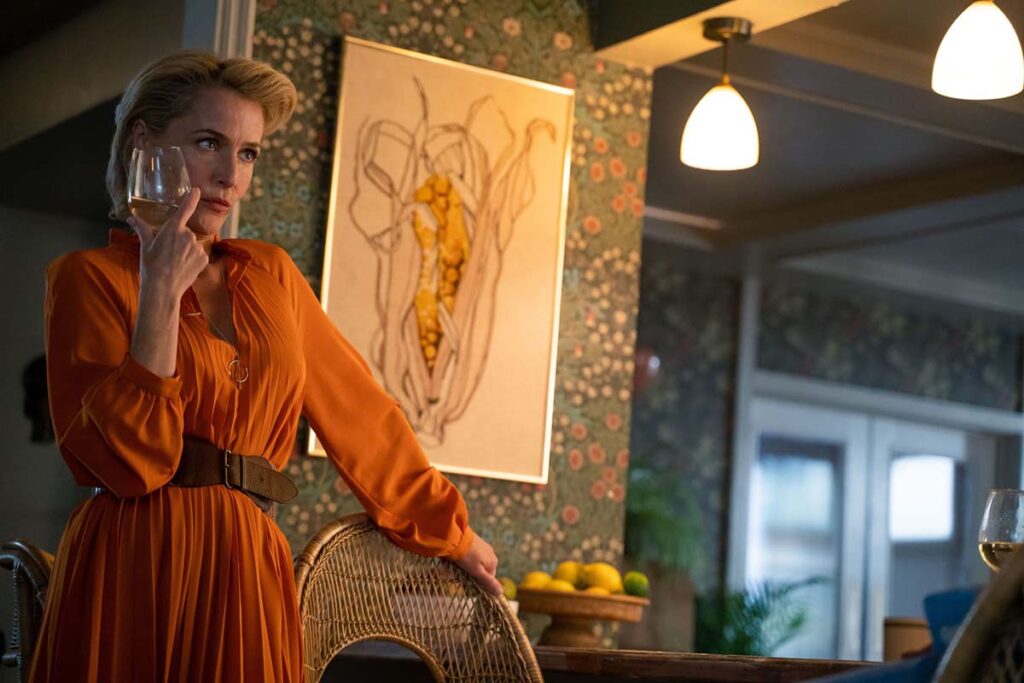
11. Vulvas come in many shapes and sizes
Ruby is desperate because an image of her vulva gets shared across the school. But when the school principal brings this up in an assembly, many girls stand up saying: “It’s my vagina!”. They cover for their peer and reinforce the idea that there are no ugly or beautiful vulvas. In fact, if you want to get some sense of just how wildly different vulvas really are, just have a look at The Vulva Gallery by Dutch artist Hilde Atalanta, which shows vulva diversity at its finest.
12. Sex education never stops
The series shows that it’s not just adolescents who need plenty of sex therapy: adults need it too. Our ways of understanding sexuality evolve as a society, making it necessary for us to constantly educate ourselves about it. For example, we have recently started talking about a much wider spectrum of sexual identities than before. We’re now hearing more about terms such as demisexual*, pansexual** or sapiosexual***. And every moment in time comes with unique challenges. For instance, what is sex like when you get older? Sex ed should be there to stay.
(*Sexually attracted to someone based on a strong emotional connection. The definition comes from this article in Quartz.)
(**Gender-blind sexual attraction to all people. This definition comes from this article in Quartz.)
(***Sexually attracted to intelligence. This definition comes from this article in Quartz.)
In a previous version of this article, I mistakenly said that vaginas come in many shapes and sizes. Of course I was referring to vulvas instead. Thanks to artist Hilde Atalanta for pointing out my mistake.

This article first appeared in The Correspondent, the member-funded platform that shut down on 1 January 2021.
Photo credits: All images are stills of scenes from the series Sex Education. Source: Netflix
…
